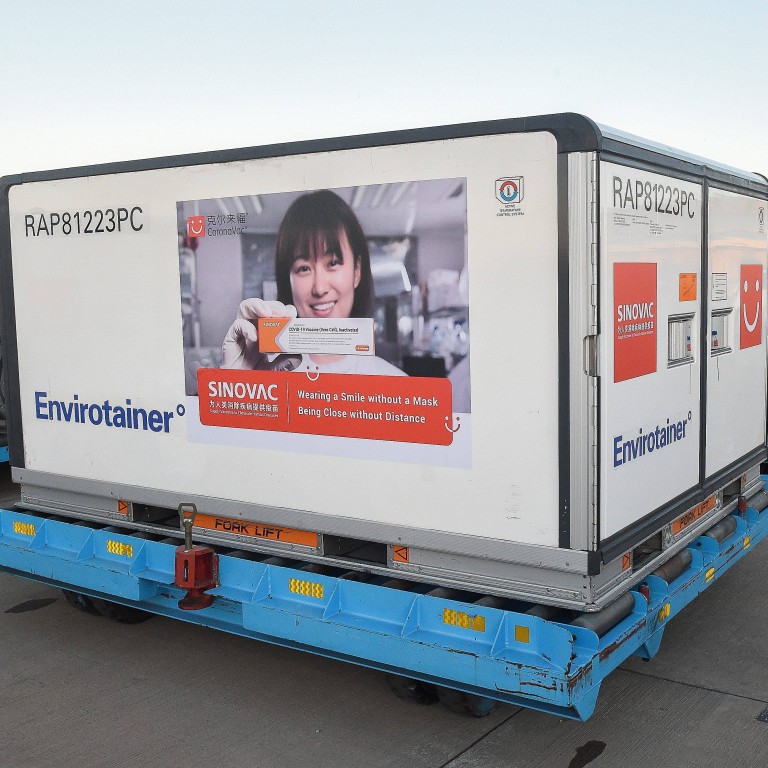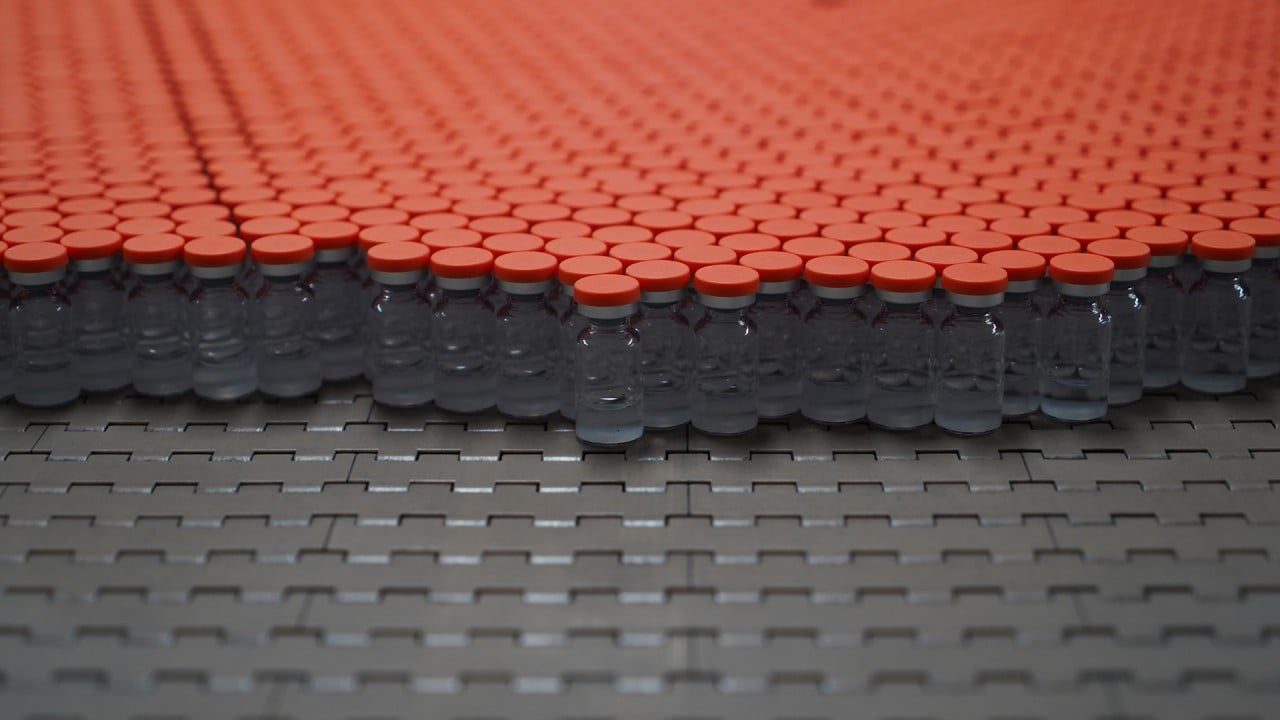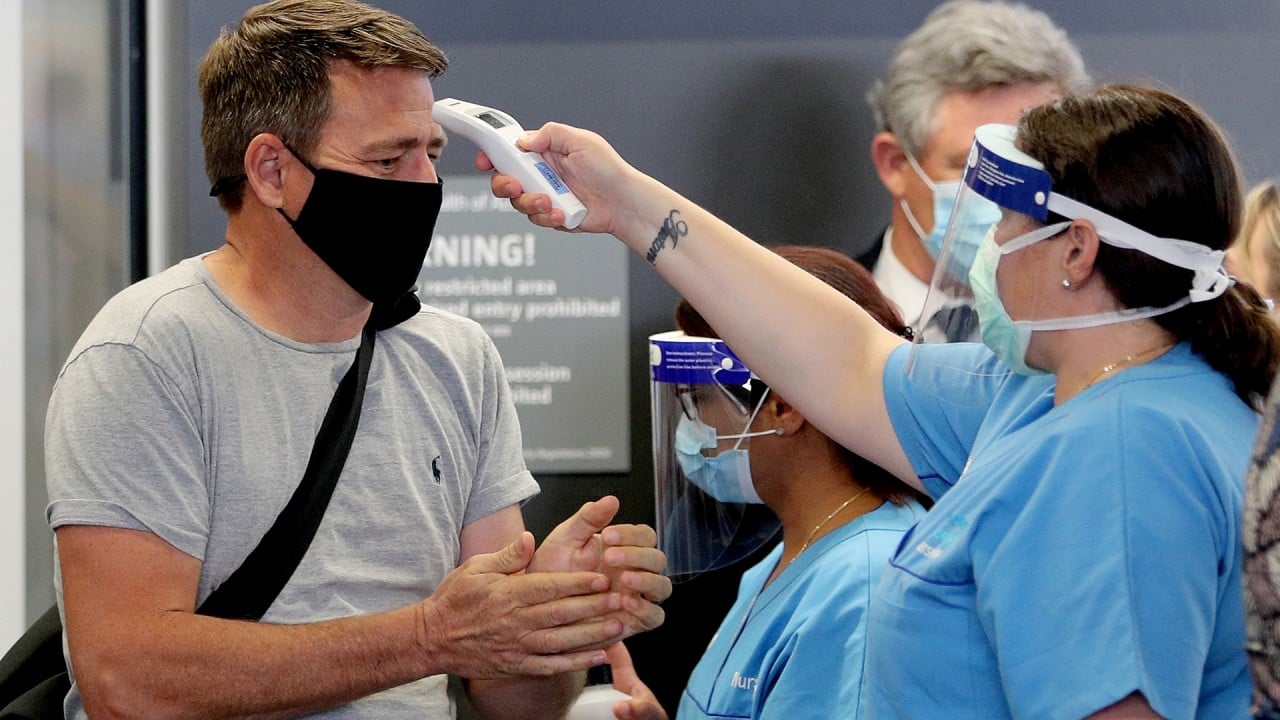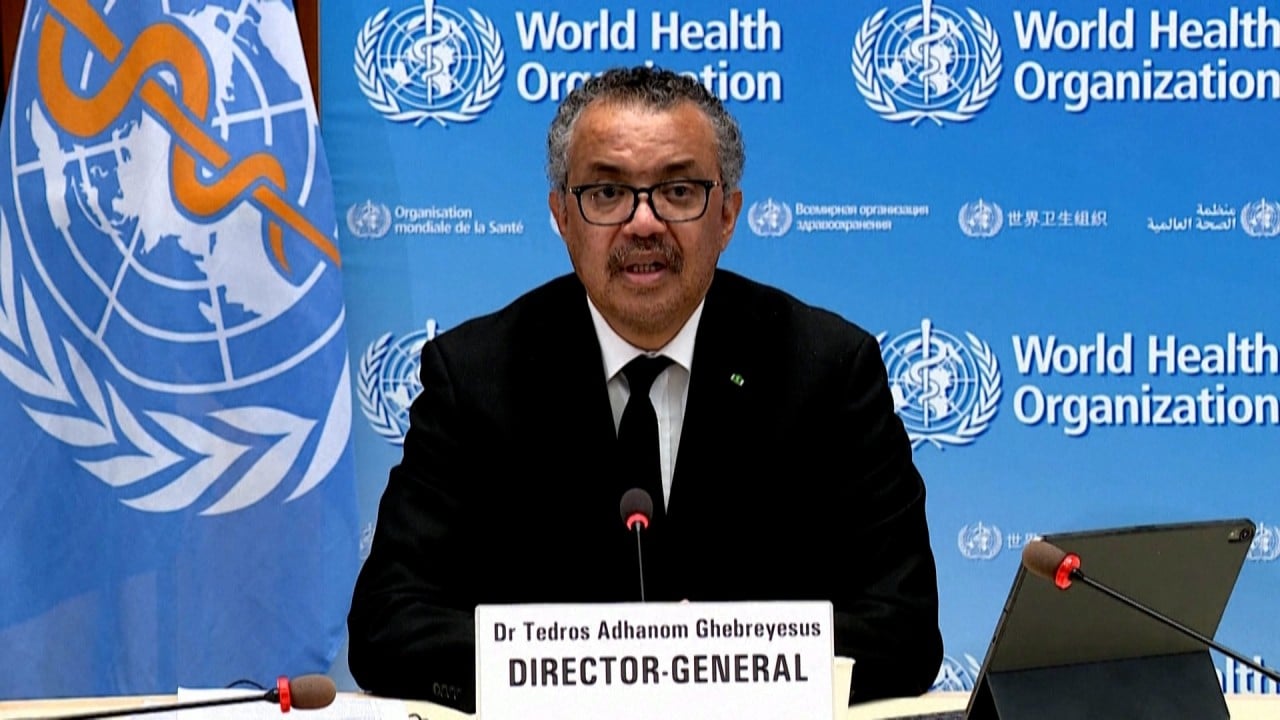
Vaccine inequality: if not for China, would the West even be tackling it?
- It is hard to imagine the West stirred into such action in the absence of China’s aggressive vaccine diplomacy. Still, developing countries are benefiting, especially in Africa
The Covid-19 pandemic has exposed, in the starkest terms possible, the different approaches of the two economic systems – capitalism and socialism – towards humanity.
Whereas the Western world has been more preoccupied with the narrow self-interest of taking care of its citizens and the maximisation of profit by big pharmaceutical companies, China is more focused on how to save humanity – rich or poor – by sharing its vaccines and know-how.
The Chinese government identified vaccine inequality as an opportunity to provide leadership. China framed itself as a solution by projecting itself as a multilateral power and leader of the global south.
It embarked on an aggressive distribution of its vaccines before they were cleared by the World Health Organization. It shipped supplies to more than 80 countries. African and Asian countries received free vaccines, while most medium-income countries paid for their doses.
The West and its media, as usual, have been quick to criticise China for its vaccine diplomacy, depicting it as a political act to increase Chinese influence around the world. But the benefiting developing world hasn’t bought into this propaganda. Instead, many of these nations believe the behaviour of the West has merely exposed its short-sightedness, selfishness and lack of respect for human life amid a global health threat.
Western vaccine nationalism opening door for China to lead global recovery
Western countries seemed to have chosen the sanctity of capitalism over human life. As a result, China has ended up winning the hearts and minds of people globally, its sharing of vaccines and production licensing filling the gaps in the global supply.
Pressure has mounted on Western countries to share their excess vaccine doses, from the WHO and scientists all over the world. Experts have said that no one will be safe until the world is vaccinated.
In the 21st century, the world is an interconnected global village and new variants could arise in unvaccinated poor countries and ultimately affect the more developed world in a vicious circle.
Epidemiologists have warned that persistently low vaccine coverage in developing countries could contribute to mutations, which could roll back the progress made by inoculation campaigns in developed countries within a year.
China has won widespread praise from the WHO, scientists, non-governmental organisations (such as Oxfam). As a result, possibly out fear of a loss of influence to China, the Biden administration and its Western partners have been forced to act.
“The United States is providing these half billion doses with no strings attached,” he said. “No strings attached. Our vaccine donations don’t include pressure for favours, or potential concessions. We’re doing this to save lives. America will be the arsenal of vaccines in our fight against Covid-19, just as America was the arsenal of democracy during World War Two.”
Jointly, the Group of 7 leaders agreed the aim to vaccinate the world by the end of 2022, to try to halt the Covid-19 pandemic. They undertook to donate 2 billion doses to poor countries.
The results of this rivalry over vaccine diplomacy between the West and China have proved very fruitful for developing countries, especially in Africa. As a result, millions of lives have been saved.
The reaction of the US and its Western allies to China’s humane approach is one healthy outcome from the competition between China and the West. It does beg the question of whether the West would have provided help in such quantities if China had not embarked on its aggressive vaccine diplomacy.
Mwansa Chalwe Snr is a Zambian chartered accountant, independent financial commentator and analyst. This article is an edited excerpt from his new book, China-West Battleground In Africa: Debt Ridden Zambia. Email: [email protected]




